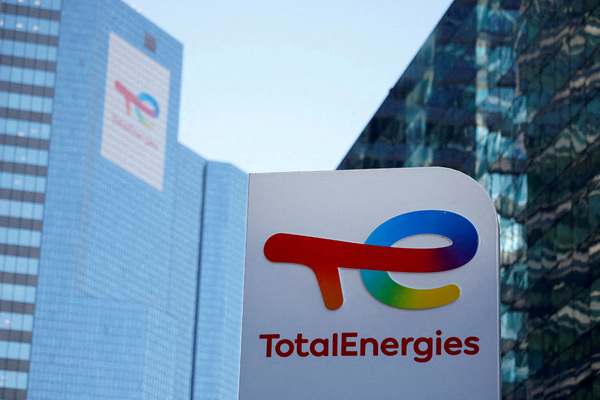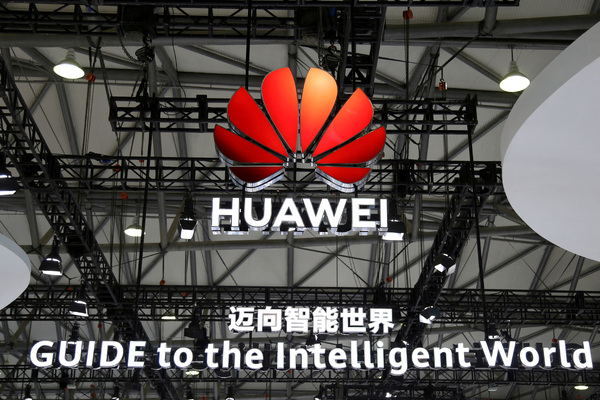Beyond the hype: what are the real pros and cons of blockchain in public services?
Sponsored by TOKEN
Security, efficiency and traceability are attractive benefits for public sector organizations. Questions remain, however, on regulation, trustworthiness and energy consumption.
Once associated largely with cryptocurrencies, especially bitcoin, blockchain is now increasingly proposed as a solution for governments seeking to transform the delivery of a wide range of public services. However, opinion is divided with regards to the extent to which blockchain can really transform government-provided services.
On the one hand, blockchain advocates see it as a kind of utopian panacea – a tool ripe for deployment to accelerate a government’s digital transformation of the public services it provides. On the other hand, blockchain cynics point to its limitations: claiming it can only be deployed in a small section of public services, and that its uptake by governments has been slow to date.
In reality, over the past five or so years, a growing number of governments have experimented with and deployed blockchain. This includes governments working inside international organisations, as well as national efforts to implement blockchain projects across diverse public sector activities.
In parallel, the number of publications on blockchain has risen dramatically. Real deployments – as well as increased research into blockchain in public services – mean we can now ask what consequences blockchain has for public service delivery.

Blockchain and public sector workers
For public sector employees, blockchain means less paperwork and fewer human errors, as well as an improved co-ordination of certain tasks – workers in different departments can access the blockchain more easily than previous systems.
Challenges include the fact that many employees will lack the knowledge and skills required to use blockchain technology. A long-term resistance by workers may come about in response to the cultural change blockchain may induce, including perceptions that blockchain might take or change their jobs.
Blockchain and citizens
The overriding advantages of blockchain for citizens are enhanced cyber-security and transparency, both of which should lead to greater trust in government. Blockchain also promises that individuals will be better placed to manage who they share their personal data with.
However, though data security is a plus, it is also a concern: no system can promise full protection – and blockchains have already been hacked. Further headaches can be found in an inherent lack of flexibility within smart contracts.
Finally, though blockchain proponents speak of a design which is built on a “trust-minimising” logic, because of the way in which the blockchain is added through consensus, critics say this does not automatically mean the blockchain will make governments more “trustworthy”.
Governments are implementing blockchain around the world, but there are advantages and disadvantages to this emerging technology. We need greater research into the potential effects of blockchain and how it might affect public service delivery. This is the ongoing task of TOKEN. Visit the website and learn more about our work.
by Diego Cagigas, Judith Clifton, Daniel Díaz-Fuentes, and Marcos Fernández-Gutiérrez, Researchers at TOKEN, one of the largest European projects on blockchain.
Header image - Gorodenkoff - stock.adobe.com

Business Reporter Team
Related Articles
Most Viewed
Winston House, 3rd Floor, Units 306-309, 2-4 Dollis Park, London, N3 1HF
23-29 Hendon Lane, London, N3 1RT
020 8349 4363
© 2024, Lyonsdown Limited. Business Reporter® is a registered trademark of Lyonsdown Ltd. VAT registration number: 830519543





